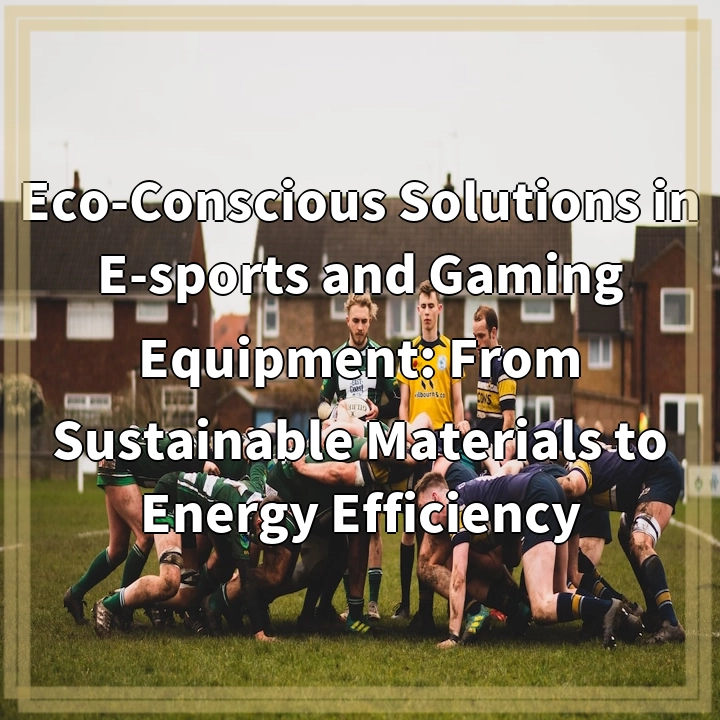
What is Living Homebase?
Living Homebase is a concept and lifestyle that embraces off-grid living, allowing individuals and families to become self-sufficient and independent from traditional utility systems. It involves creating a sustainable and harmonious living environment by utilizing renewable energy sources, conserving resources, and adopting environmentally friendly practices.
Real-World Problems Associated with Living Homebase
While off-grid living offers numerous benefits, there are also real-world challenges that individuals and communities may face when adopting this lifestyle:
1. Limited access to essential services
Living off-grid often means being far away from urban centers and infrastructure. This can result in limited access to essential services such as healthcare facilities, schools, and markets. The distance from emergency services can also pose risks in case of medical emergencies or natural disasters.
2. High upfront costs
Transitioning to off-grid living requires significant investments in eco-friendly technologies like solar panels, battery storage systems, and water management systems. These upfront costs can be a barrier for many individuals and families who wish to embrace this lifestyle but lack the financial resources to do so.
3. Dealing with unpredictable weather conditions
Relying on renewable energy sources such as solar and wind power means being susceptible to weather fluctuations. Cloudy days or periods of calm winds can affect the availability of electricity, requiring individuals to have backup energy storage solutions in place. This can add complexity and costs to maintaining a reliable off-grid system.
4. Water management and conservation
Living off-grid often means relying on rainwater harvesting, wells, or other alternative water sources. Managing and conserving water becomes essential to ensure a sustainable supply for daily needs, irrigation, and livestock. Balancing water usage for daily necessities with maintaining a reasonable ecological footprint can be challenging, especially in arid regions.
5. Social isolation and connection
Off-grid living can sometimes lead to social isolation, particularly when living in remote areas with limited contact with neighbors and communities. The lack of access to technology and internet connectivity may impact communication and the ability to stay connected with the outside world.
These real-world problems associated with Living Homebase should not discourage individuals and families from pursuing an off-grid lifestyle. With careful planning, resource management, and community collaboration, these challenges can be overcome, offering an opportunity to live in harmony with nature and gain independence from traditional utility systems.

Solutions for Real-World Problems Associated with Living Homebase
Here are some practical solutions that can help individuals and communities address the challenges of off-grid living:
1. Community collaboration and support
Establishing connections with other off-grid enthusiasts in the area can provide invaluable support and knowledge-sharing opportunities. Collaborating with like-minded individuals and forming off-grid communities can help address challenges such as limited access to essential services and social isolation. Collective efforts can also lead to shared resources and reduced costs.
2. Financial planning and alternative financing options
While the upfront costs of transitioning to off-grid living can be significant, thorough financial planning and research can help individuals find cost-effective solutions. Exploring alternative financing options, such as grants, community funding, or loans specifically designed for sustainable living projects, can make the transition more financially viable.
3. Backup systems and energy storage
To overcome the challenges of unpredictable weather conditions, investing in efficient backup energy storage systems, such as batteries or generators, can ensure a reliable power supply. These systems can store excess energy during favorable weather conditions and provide electricity during periods of low renewable energy production.
4. Water conservation and management strategies
Implementing water conservation techniques and efficient water management systems can help overcome the challenges of limited water resources. This can include practices such as rainwater harvesting, graywater recycling, and the use of efficient irrigation methods. Installing water-saving fixtures and appliances can also contribute to reducing water consumption.
5. Technological advancements and connectivity
Advancements in technology have made it easier for off-grid individuals to stay connected with the outside world. Utilizing satellite internet, mobile networks, or alternative connectivity solutions can help bridge the gap and overcome social isolation. Embracing smart home technologies and energy monitoring systems can also enhance the efficiency and ease of off-grid living.
By implementing these solutions, individuals and communities can tackle the challenges associated with off-grid living and create a sustainable, harmonious, and independent lifestyle that aligns with their environmental values.















